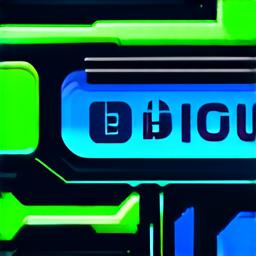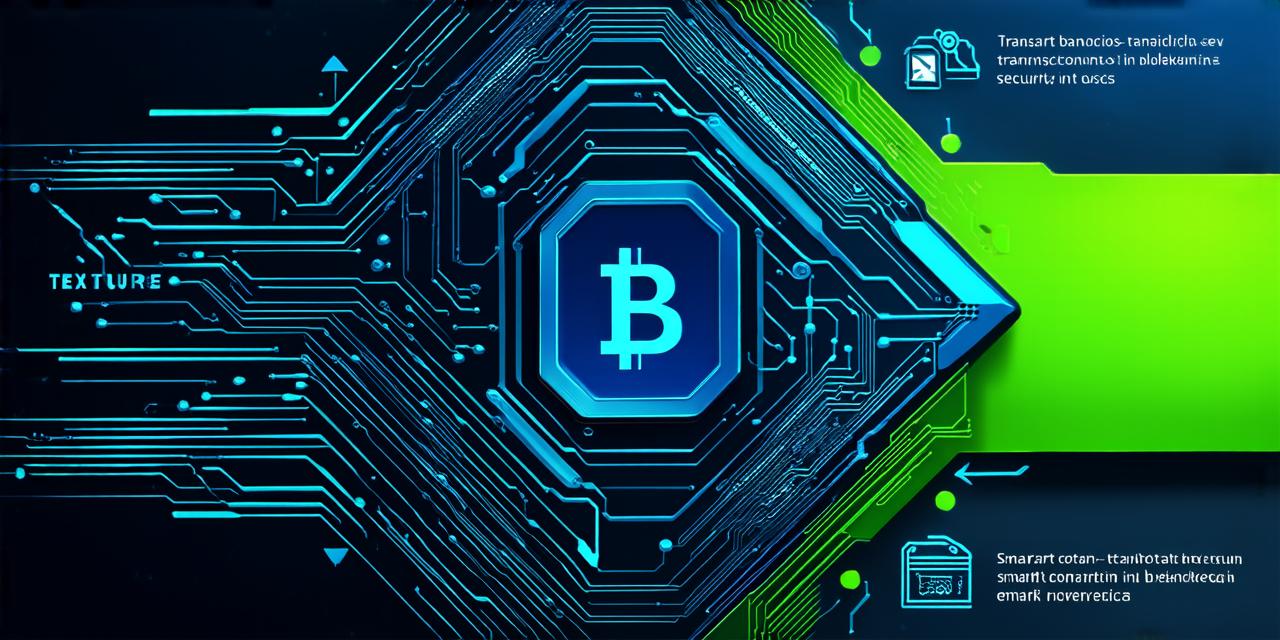What is a Smart Contract?
A smart contract is a digital agreement that runs on blockchain technology. It is designed to automate the execution of a contract between two or more parties. Smart contracts use code to define the terms and conditions of the agreement, which are then automatically executed when certain predefined conditions are met. This allows for faster and more efficient contract execution, as well as greater transparency and security.
Smart Contracts vs Traditional Contracts
Traditional contracts require intermediaries such as lawyers or brokers to manage the negotiation and execution of the agreement. Smart contracts eliminate the need for intermediaries by running directly on blockchain technology, allowing for faster and more efficient contract execution. In addition, smart contracts provide greater transparency and security than traditional contracts, as all parties have access to a shared ledger that records the terms and conditions of the agreement.
How Smart Contracts Work
Smart contracts are typically written in a programming language such as Solidity, which is specifically designed for blockchain development. The code defines the terms and conditions of the agreement, including the payment of assets, delivery of goods or services, and other contractual obligations. When certain predefined conditions are met, the smart contract automatically executes the terms of the agreement, making it self-executing.
Advantages of Smart Contracts
Smart contracts offer several advantages over traditional contracts:
- Automated execution: Smart contracts eliminate the need for intermediaries and automate the execution of a contract between two or more parties, allowing for faster and more efficient contract execution.
- Greater transparency: Smart contracts provide greater transparency by allowing all parties to have access to a shared ledger that records the terms and conditions of the agreement. This allows for greater trust and accountability between parties.
- Reduced risk: Smart contracts are self-executing and do not require intermediaries, reducing the risk of fraud or misrepresentation.
- Cost savings: By eliminating the need for intermediaries and automating contract execution, smart contracts can save money on transaction fees and other costs associated with traditional contracts.
Real-Life Examples of Smart Contracts
Smart contracts are being used in a variety of industries to automate processes and reduce the need for intermediaries. Here are a few examples:
- Real estate: Smart contracts can be used to automate the execution of real estate transactions, including the transfer of ownership and the payment of fees. This has the potential to save time and money in the real estate industry.
- Supply chain management: Smart contracts can be used to track goods as they move through the supply chain, ensuring that they are delivered on time and at the correct price. This can help reduce fraud and improve transparency in supply chain management.
- Crowdfunding: Smart contracts can be used to automate crowdfunding campaigns, allowing for faster and more efficient fundraising.
- Insurance: Smart contracts can be used to automate insurance claims, reducing the time and cost associated with traditional claims processes.
FAQs
Q What is a smart contract?
A Smart contract is a digital agreement that runs on blockchain technology, designed to automate the execution of a contract between two or more parties.
Q How do smart contracts work?
Smart contracts are typically written in a programming language such as Solidity and define the terms and conditions of an agreement. When certain predefined conditions are met, the smart contract automatically executes the terms of the agreement.
Q What are the advantages of smart contracts?
The advantages of smart contracts include automated execution, greater transparency, reduced risk, and cost savings.

Q Are there any real-life examples of smart contracts?
Yes, smart contracts are being used in a variety of industries to automate processes and reduce the need for intermediaries. Examples include real estate, supply chain management, crowdfunding, and insurance.
Conclusion
Smart contracts are self-executing digital agreements that run on blockchain technology and have become increasingly popular in recent years as a way to automate processes and reduce the need for intermediaries. They offer several advantages over traditional contracts, including automated execution, greater transparency, reduced risk, and cost savings. Smart contracts are being used in a variety of industries, including real estate, supply chain management, crowdfunding, and insurance. As the blockchain ecosystem continues to evolve, smart contracts will likely become even more prevalent and important in the future.
